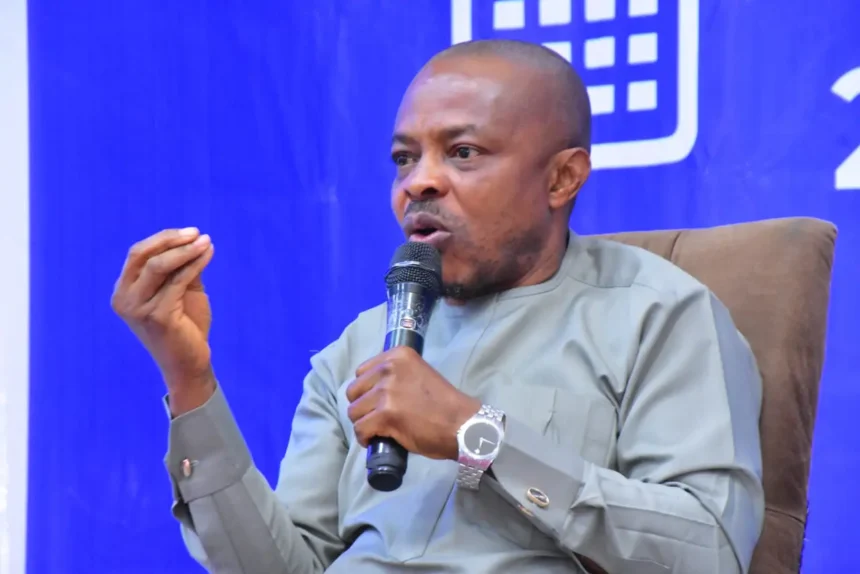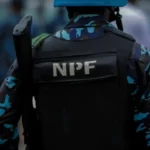The President of the Nigeria Labour Congress (NLC), Comrade Joe Ajaero, has reaffirmed his unwavering commitment to the labour movement, declaring that it is a cause worth dying for.
Ajaero made this statement on Thursday after responding to a police summons regarding allegations of terrorism financing brought against him. Despite these accusations, the NLC leader emphasized that he would not be distracted from his mission to prioritize the welfare of Nigerian workers.
One of the lawyers accompanying Ajaero, Maxwell Opara, asserted that the NLC would remain steadfast, even if the police pursue further allegations.
Ajaero honored the police invitation accompanied by a legal team representing the Congress, including prominent human rights activist Chief Femi Falana, SAN, alongside Maxwell Opara and Deji Adeyanju. Prior to their departure, Falana had reassured various unions gathered at the Labour House in solidarity with Ajaero that there was no cause for alarm.
It is noteworthy that Ajaero was called in by the police to address serious accusations, including terrorism financing, cybercrime, subversion, criminal conspiracy, and treasonable felony. He arrived at the IRT office at 10:17 a.m. and concluded the meeting just under an hour later, leaving at 11:15 a.m.
Speaking to the press at the Labour House following his visit to the police headquarters, Ajaero reiterated the NLC’s dedication to defending the rights of Nigerian workers, vowing that no form of intimidation would deter their efforts.
“Comrades, the labour movement is worth dying for because of its patriotism and commitment,” Ajaero stated. “The labour movement is one of the most significant pan-Nigerian organizations. Our patriotism, from the colonial era through the military regime, remains unshakable. We are more patriotic than any other institution in this country, and we will continue to be so.”
Reflecting on his experience, Ajaero added, “We’ve gone there, and we’re back. As a citizen, I’ve fulfilled my duty, and we’re here again. This type of hazard is expected in the work we do—it’s part of the job. Even at the unit level, some of us have faced similar situations. As far back as 1997, 1998, I was in the same situation with Falana, enjoying ourselves in the cell during the Abacha era.”
Source: https://dailypost.ng











